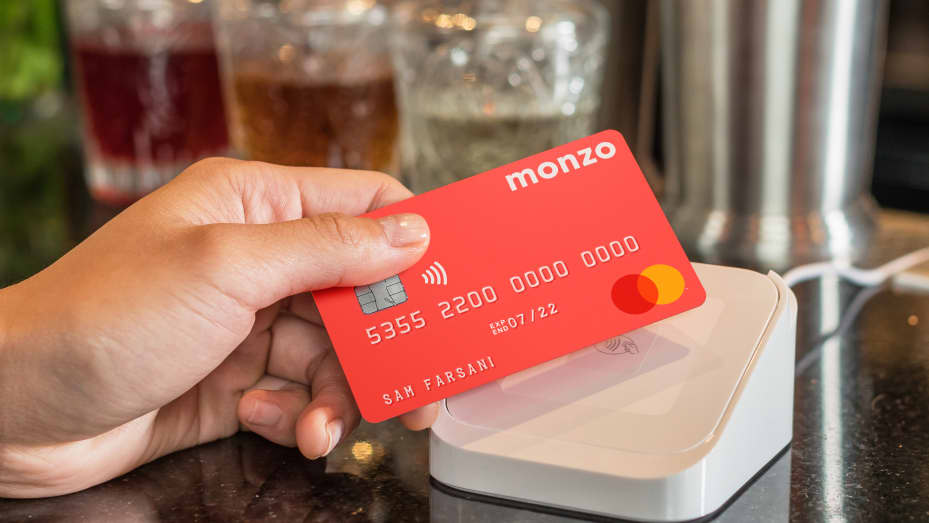Jacopo de Simone had £22,500 stolen from his Barclays current account after a pickpocket took his mobile phone and used his banking apps. Despite being locked and protected by facial recognition, the fraudster managed to access his apps and steal thousands of pounds.
Following an internal investigation by Barclays, de Simone was deemed accountable for the loss incurred. However, after eight months of gathering evidence and working with the police, the Financial Ombudsman Service upheld de Simone’s complaint against Barclays, urging the bank to scrutinise the case more thoroughly.
Mobile-Focused Fraud – A Growing Menace
The Fraud Advisory Panel points out that fraudsters are progressively focusing on mobile devices as a gateway to infiltrate financial applications and steal huge amounts of money. Yet, the inconsistent approach among banks when dealing with victims of such scams is a source of concern. Some financial institutions promptly refund their clients, while others cause unnecessary delays in the hopes that the victim will drop the complaint. The disparity in how banks handle such incidents highlights the need for individuals to proactively prevent fraud.
Data from UK Finance reveals a troubling trend, with 93,454 instances of mobile app fraud reported in the first half of 2022, causing losses worth £430.3 million. This staggering figure represents a 70% increase compared to the previous year.
Despite the measures taken to bolster security protocols and raise public awareness, the number of incidents continues to rise. Fraudsters have become increasingly skilled at using social engineering techniques to trick individuals into revealing their private information. Phishing and smishing (SMS phishing) scams are among the most prevalent tactics employed.
Implementing Precautionary Measures Against Fraud
One can implement certain proactive measures to prevent falling prey to such fraudulent activities. Firstly, never sharing your PIN or password with anyone is of utmost importance. These are confidential pieces of information intended solely for your knowledge.
You should also be sceptical of unsolicited phone calls or emails requesting personal information or login details. Fraudsters often use these tactics to deceive people. If you receive such a call or email, do not divulge any information and report the incident to the authorities.
Adopting robust and unique passwords for each account can significantly reduce the chance of being hacked. Refrain from using easily decipherable passwords like birth dates, phone numbers, or names. A blend of letters, numbers, and symbols can provide stronger security.
Maintaining the updated version of your devices and software can help fix vulnerabilities that fraudsters might exploit. This advice applies to all digital devices like smartphones, laptops, and tablets.
Lastly, it is prudent to enable two-factor authentication for your banking applications. This secondary security layer requires an additional form of identification, like a code sent to your phone, to access your account. This feature can stave off fraudsters even if they manage to obtain your password.
Procedure for Reporting Fraudulent Incidents
If you suspect that a fraudster has targeted you, it’s crucial to report it immediately. Contact your bank, inform the police, contact credit reference agencies to get a copy of your credit report, and alert any other institutions with which you have a relationship. This step ensures that your information isn’t used to create accounts or make purchases.
Reporting fraudulent activities aids law enforcement agencies in identifying and prosecuting criminals. By reporting fraud, you contribute valuable information that can help prevent future crimes and bring the culprits to justice.
Moreover, such reports can aid banks and financial institutions to strengthen their security measures and prevent similar occurrences in the future. These establishments rely heavily on customer feedback to identify weaknesses and enhance their systems.
Understanding the Refund Process
The refund process for fraud victims can often be a slow and convoluted procedure. However, under the Payment Services Regulator, your bank is obligated to refund you unless it can demonstrate your considerable carelessness or gross negligence. If your bank’s response doesn’t meet your satisfaction, you can escalate your complaint to the Financial Ombudsman Service or seek legal counsel to boost your odds of recouping your funds and holding the bank accountable for losses due to their failure to secure your accounts.



